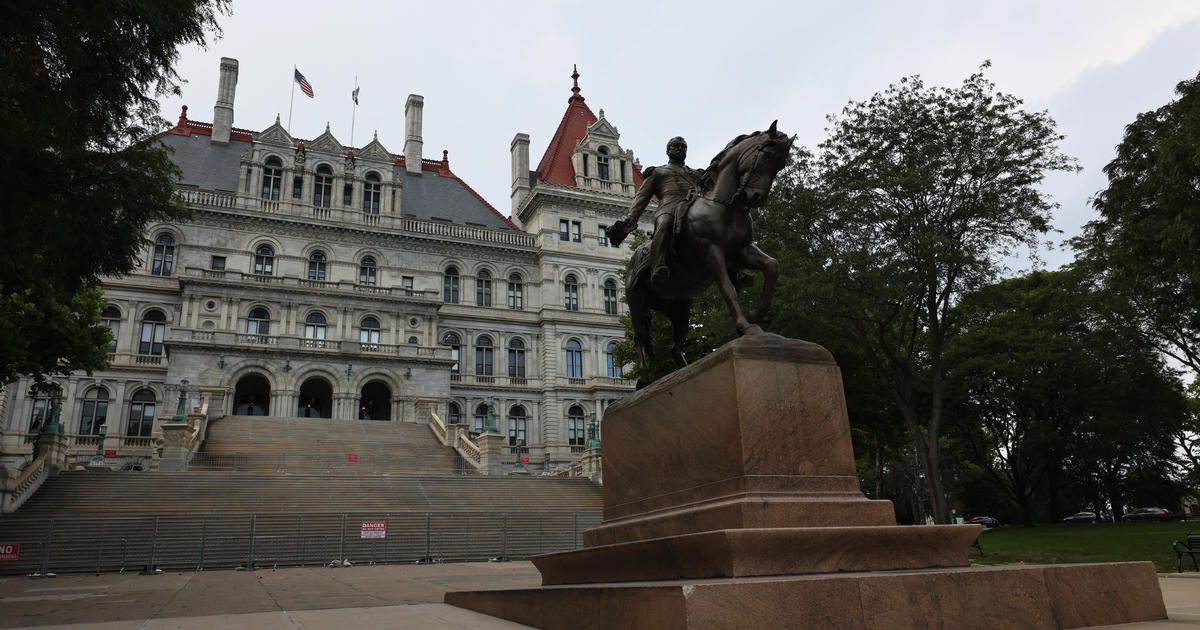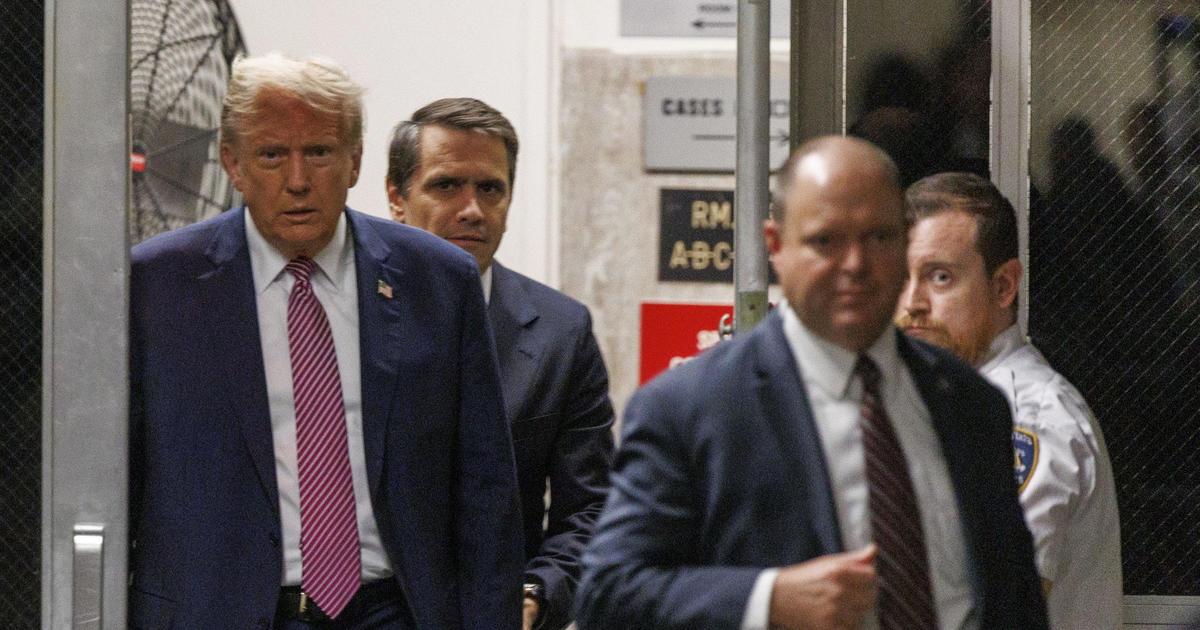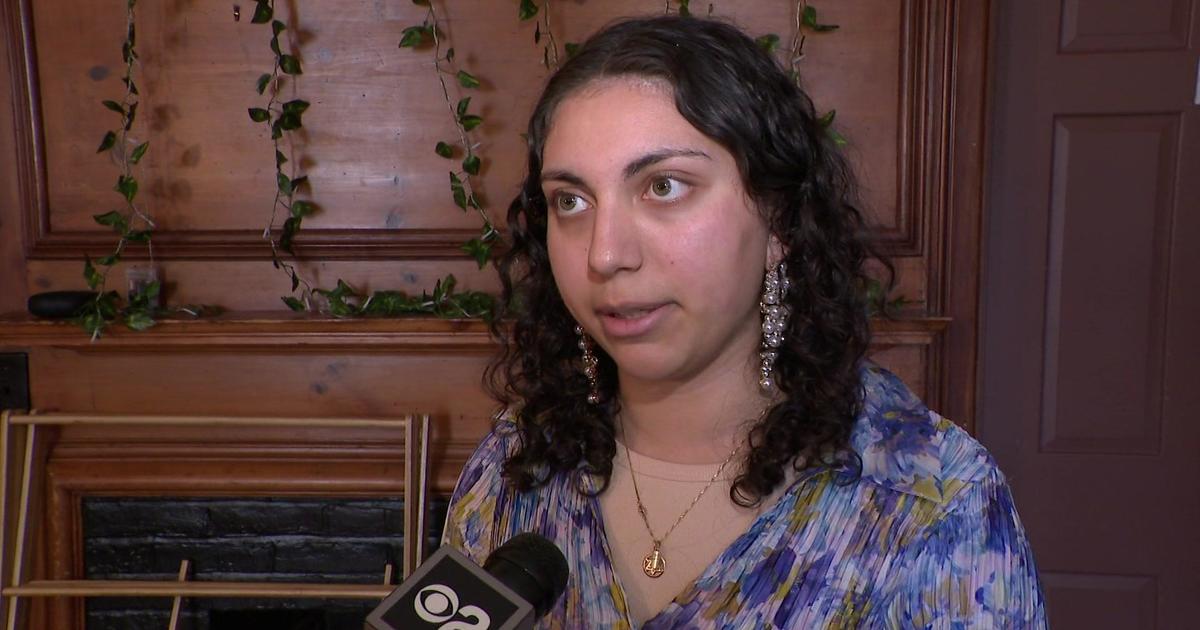Connecticut's Top Court Overturns Death Penalty In State
HARTFORD, Conn. (CBSNewYork/AP) -- Three years after Connecticut abolished the death penalty for any future crimes, the state's high court spared the lives of those who were already on death row when the law took effect, saying it would be unconstitutional to execute them.
The ruling comes in an appeal from Eduardo Santiago, whose attorneys had argued that any execution carried out after repeal would constitute cruel and unusual punishment.
Santiago faced the possibility of lethal injection for a 2000 murder-for-hire killing in West Hartford.
The Connecticut Supreme Court, in a 4-3 ruling, agreed with his position.
Connecticut's Top Court Overturns Death Penalty In State
"Upon careful consideration of the defendant's claims in light of the governing constitutional principles and Connecticut's unique historical and legal landscape, we are persuaded that, following its prospective abolition, this state's death penalty no longer comports with contemporary standards of decency and no longer serves any legitimate penological purpose,'' Justice Richard Palmer wrote for the majority.
"For these reasons, execution of those offenders who committed capital felonies prior to April 25, 2012, would violate the state constitutional prohibition against cruel and unusual punishment.''
The ruling means the 11 men on the state's death row will no longer be subject to execution orders. Those inmates include Joshua Komisarjevsky and Steven Hayes, who were sentenced to die for killing a mother and her two daughters in a 2007 home invasion in Cheshire.
The repeal had eliminated the death penalty while setting life in prison without the possibility of release as the punishment for crimes formerly considered capital offenses.
Santiago was sentenced to lethal injection in 2005 for the murder-for-hire killing of 45-year-old Joseph Niwinski. But the state Supreme Court overturned the death sentence and ordered a new penalty phase in 2012, saying the trial judge wrongly withheld key evidence from the jury regarding the severe abuse Santiago suffered while growing up.
The ruling came just weeks after lawmakers passed the death penalty repeal.
Assistant Public Defender Mark Rademacher argued any new death sentence would violate Santiago's constitutional rights to equal protection and due process. He said it would be wrong for some people to face the death penalty while others face life in prison for similar murders.
He told the court that Connecticut had declared its opposition to the death penalty and it wouldn't make sense to execute anybody now.
Senior Assistant State's Attorney Harry Weller had argued there were no constitutional problems with the new law, and death-row inmates simply face a penalty under the statute that was in effect when they were convicted. He also argued that the court could not repeal just part of the new law.
Connecticut has had just one execution since 1960. Serial killer Michael Ross was put to death 2005 after winning a legal fight to end his appeals.
Gov. Dannel P. Malloy, who said he opposes capital punishment, issued a statement saying, "it's clear that those currently serving on death row will serve the rest of their life in a Department of Corrections facility with no possibility of ever obtaining freedom."
"Today is a somber day where our focus should not be on the 11 men sitting on death row, but with their victims and those surviving families members," he said. "My thoughts and prayers are with them during what must be a difficult day."
(TM and © Copyright 2015 CBS Radio Inc. and its relevant subsidiaries. CBS RADIO and EYE Logo TM and Copyright 2015 CBS Broadcasting Inc. Used under license. All Rights Reserved. This material may not be published, broadcast, rewritten, or redistributed. The Associated Press contributed to this report.)



